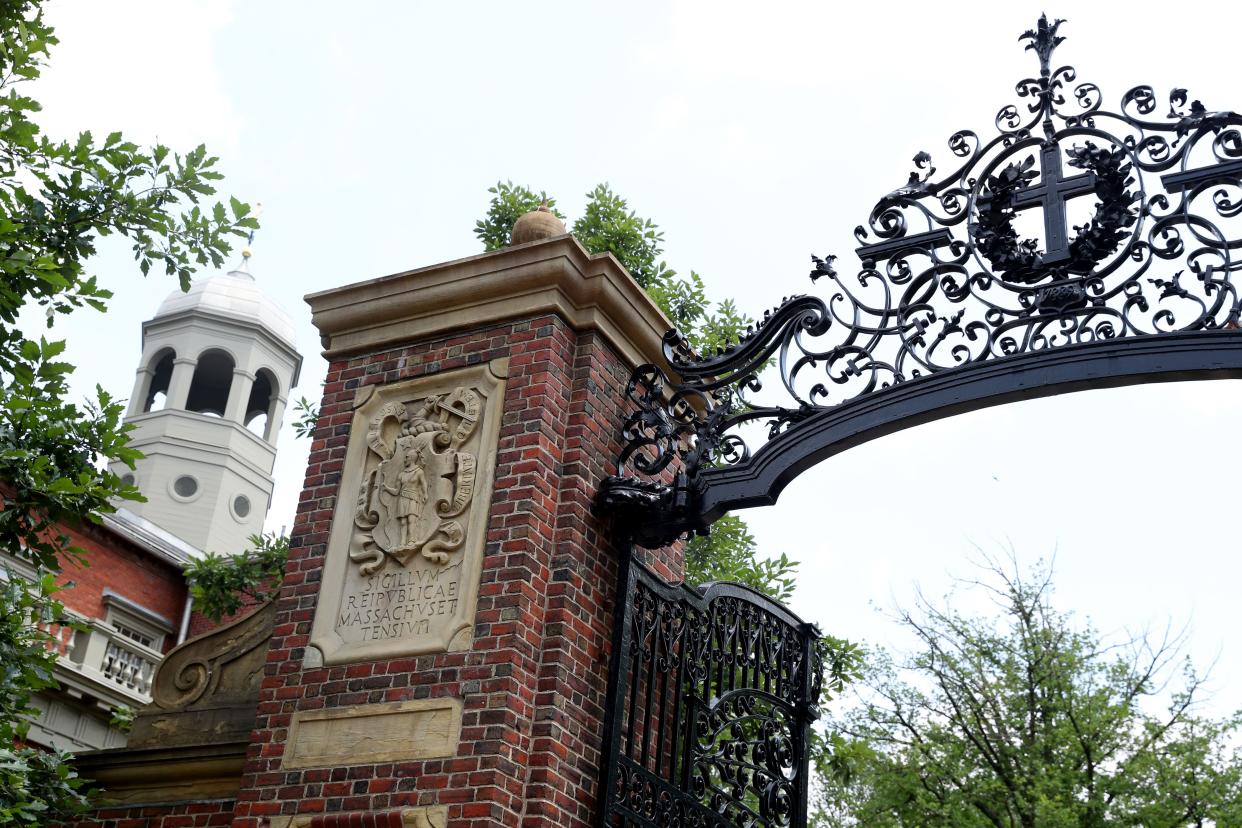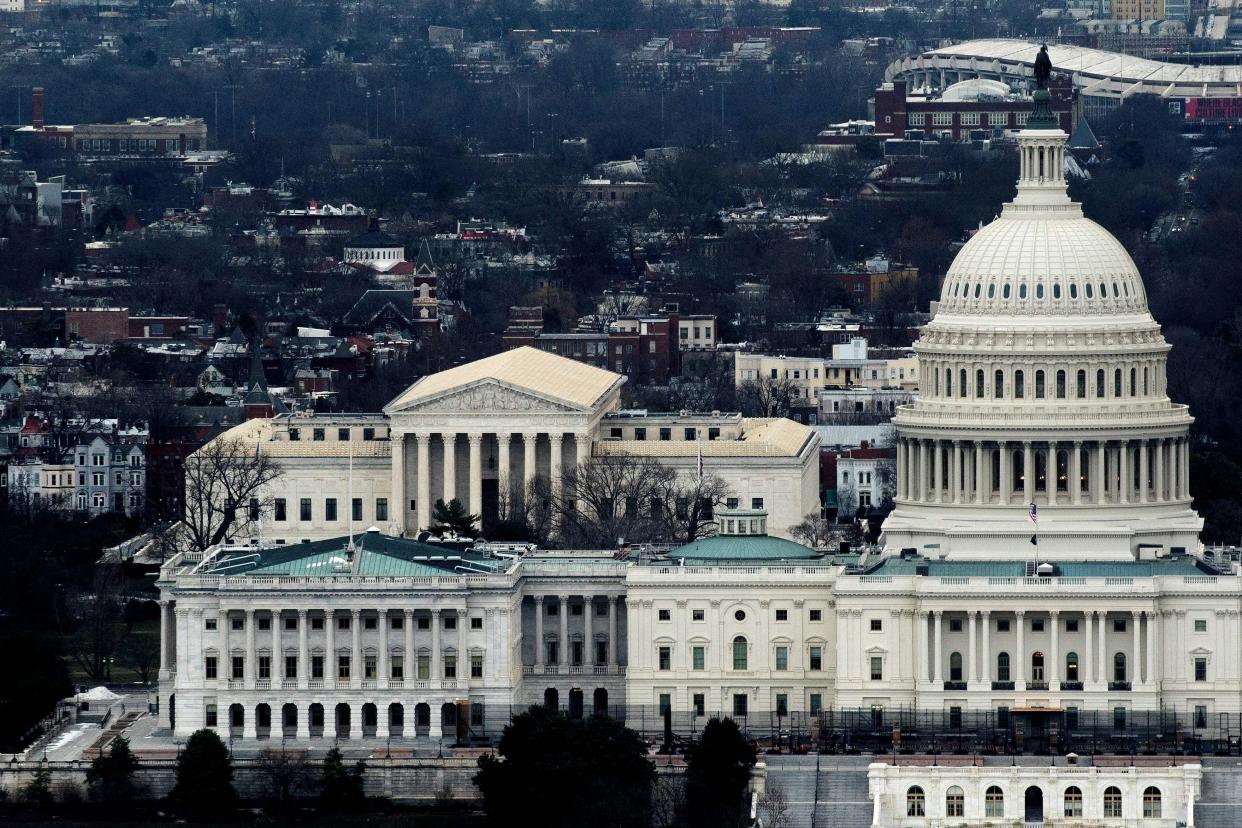Supreme Court agrees to hear challenge race admissions, affirmative action in college admissions
The Supreme Court agreed Monday to hear a challenge to affirmative action at Harvard and the University of North Carolina, raising the most serious threat to the use of race in college admissions.
The conservative-led court will decide if it wants to use the case to roll back affirmative action, which some claim discriminates against white and Asian students.

The affirmative action case probably will be argued in the fall. Both suits were filed by Students for Fair Admissions, a Virginia-based group run by Edward Blum. He has worked for years to rid college admissions of racial considerations, and the court’s new lineup breathed new life into his project.
“If a university wants to admit students with certain experiences (say, overcoming discrimination), then it can evaluate whether individual applicants have that experience,” the group’s brief said. “It cannot simply use race.”
Lower courts had agreed with the colleges that considering race and other factors does not amount to racial discrimination.

President Biden’s Justice Department also urged the court not to hear the case, especially since the nation’s highest court has repeatedly approved affirmative action in the past.
“[Universities] rely on the permissibility of a holistic, flexible approach like Harvard’s as a benchmark in structuring their own admissions policies,” the Justice Department said in its brief.
The Supreme Court has a dramatically different balance of power than previous panels that approved affirmative action.
Liberal Justice Ruth Bader Ginsburg and moderate Anthony Kennedy have been replaced by staunch conservatives Amy Coney Barrett and Brett Kavanaugh. The last five or six of the nine sitting justice have been skeptical of the practice, opening the door to rules about race admissions being significantly revamped or overall banned.
With News Wire Services
